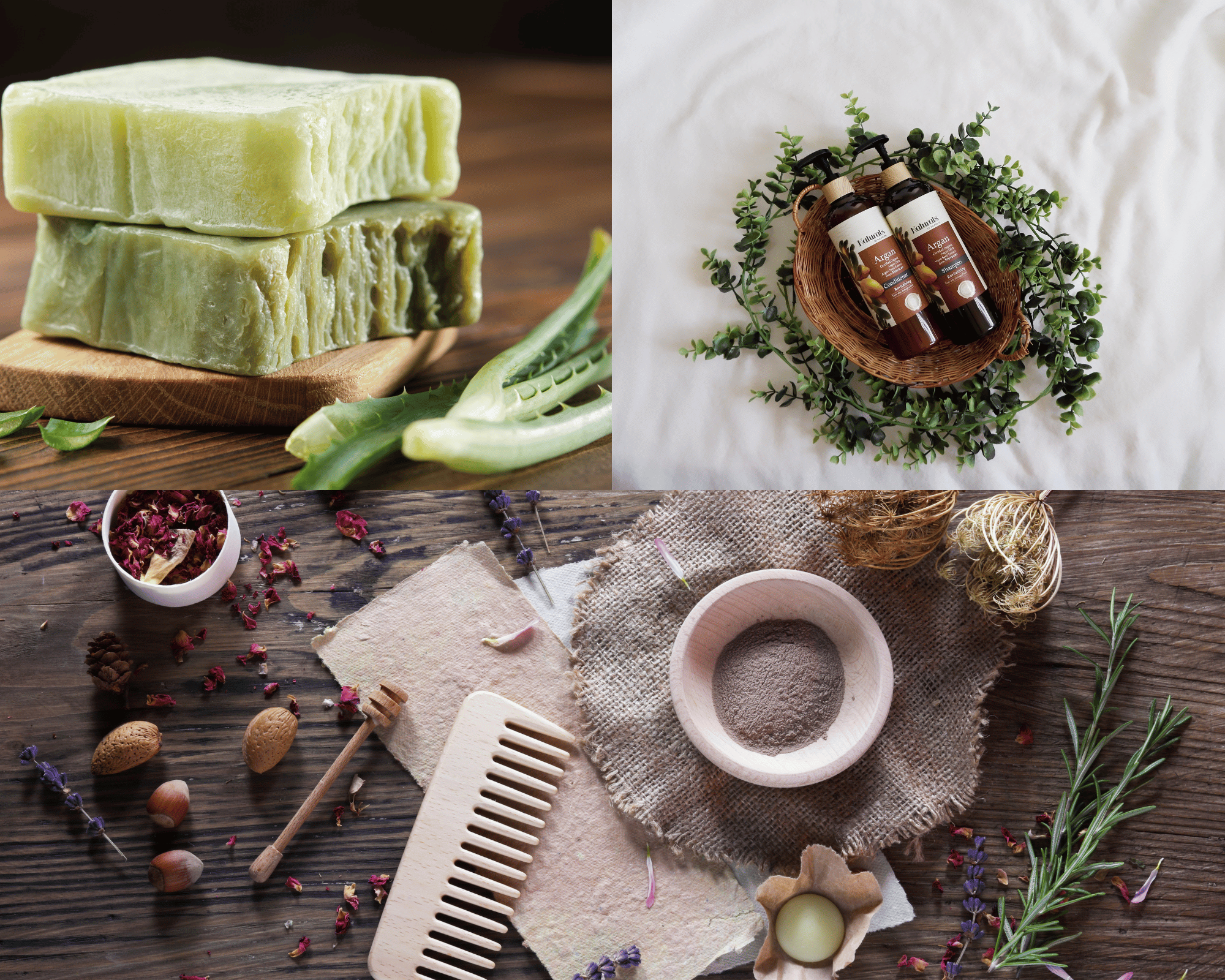Essential oils are the heart of making your DIY shampoo smell divine. With a wide range of scents to choose from, such as lavender, peppermint, and citrus oils, you can customize your shampoo to your preferred aroma. It's important to use therapeutic-grade essential oils for purity and to avoid any potential skin irritants.
Creating your own shampoo at home can be a rewarding experience, not just for the sense of accomplishment, but also for the control it gives you over the ingredients that touch your hair and scalp. One of the most common concerns when making DIY shampoo is how to make it smell good without relying on artificial fragrances that can be harsh on your hair and skin. In this article, we'll explore various natural ingredients and methods to add a delightful aroma to your homemade shampoo.
Key Takeaways:
- Learn how to infuse natural fragrances into your DIY shampoo recipes.
- Discover the benefits of essential oils and natural ingredients for a pleasant scent.
- Understand the importance of balancing ingredients to maintain hair health while ensuring a good smell.
Creating your own shampoo at home can be a rewarding experience, not just for the sense of accomplishment, but also for the control it gives you over the ingredients that touch your hair and scalp. One of the most common concerns when making DIY shampoo is how to make it smell good without relying on artificial fragrances that can be harsh on your hair and skin. In this article, we'll explore various natural ingredients and methods to add a delightful aroma to your homemade shampoo.
The Base Matters: Choosing the Right Ingredients
When starting with DIY shampoo recipes, the base ingredients set the stage for how well your shampoo will perform and smell. A popular base is castile soap, coconut oil, which is gentle and can be easily scented with additional ingredients. Another option is to use a combination of coconut milk and aloe vera, which not only provides a creamy texture but also has a naturally sweet and fresh scent.
Natural Scents: Essential Oils and Extracts
Essential oils are the heart of making your DIY shampoo smell divine. With a wide range of scents to choose from, such as lavender, peppermint, and citrus oils, you can customize your shampoo to your preferred aroma. It's important to use therapeutic-grade essential oils for purity and to avoid any potential skin irritants.
Herbal Infusions: A Touch of Nature
Herbs like rosemary, mint, and chamomile can be infused into the liquid base of your shampoo to impart a subtle, refreshing scent. To create an infusion, liquid castile soap, apple cider vinegar shampoo, simply steep the herbs in hot water, strain, and use the cooled liquid as part of your shampoo mixture. This method not only adds fragrance but also the benefits of the herbs themselves.
The Sweetness of Honey
Honey is not only a natural humectant that helps retain moisture in your hair, but it also adds a light, sweet scent to your shampoo. Incorporating a small amount of honey into your DIY shampoo recipes can enhance the overall aroma and provide additional hair-nourishing properties.
Fruit Power: Citrus and Berries own shampoo
The zest and juice of citrus fruits like lemon, orange, homemade shampoos and grapefruit can bring a zesty, clean fragrance to your homemade shampoo. Similarly, berry extracts can offer a sweet and tangy scent. These natural ingredients also contribute to the health of your hair with their vitamins and antioxidants.
Floral Notes: Rose Water and Lavender
For those who love a floral scent, incorporating rose water or lavender water into your shampoo can create a luxurious and calming fragrance. These floral waters are gentle on the scalp and can help soothe irritation while leaving a delicate scent behind.
The Role of Carrier Oils apple cider vinegar
Carrier oils such as jojoba, almond, oily hair and argan oil not only provide moisture and shine to your hair but can also carry the scents of essential oils and other fragrant ingredients. They help to dilute essential oils and distribute the fragrance evenly throughout your shampoo.
Balancing Act: Scent and Functionality
While scent is important, it's crucial to balance it with the functionality of the shampoo. Ensure that the fragrant ingredients you choose do not overpower the cleansing and conditioning properties of your base ingredients. The goal is to achieve a harmonious blend that cleanses effectively and smells great.
DIY Conditioner Recipes: Complementing Your Shampoo
Creating a DIY conditioner that complements the scent of your shampoo can enhance the overall sensory experience. Using similar essential oils and natural ingredients in your conditioner will help to layer the fragrance and leave your hair smelling wonderful for longer.
Experimenting with Scents
Don't be afraid to experiment with different combinations of scents to find what works best for you. Mixing floral with citrus or mint with herbal notes can lead to unique and personalized fragrances. Remember to add scents gradually and test the shampoo on your hair to ensure the aroma is to your liking.
Preserving Your Homemade Shampoo best smelling shampoo and conditioner diy recipes
Natural preservatives such as vitamin E and rosemary extract can help extend the shelf life of your homemade shampoo while also contributing to the overall scent. It's important to store your shampoo in a cool, dark place to preserve its fragrance and efficacy.
Sensitivity and Allergies: A Cautionary Note
Always perform a patch test with any new ingredient to ensure you don't have an allergic reaction, especially with essential oils. If you have sensitive skin or scalp conditions, consult with a healthcare provider before using new ingredients.
The Environmental Impact of Homemade Shampoo
By choosing natural and biodegradable ingredients for your DIY shampoo recipes, you're not only making a product that smells good but also one that is environmentally friendly. This reduces the chemical load on our water systems and supports a healthier planet.
Summary
Making your homemade shampoo smell good is an art that combines the right base ingredients with natural scents from essential oils, hair follicles baking soda olive oil, dry hair hair growth herbal infusions, apple cider vinegar rinse honey, fruits, shampoo recipe, shampoo bottle, coconut milk, and floral waters.
It's important to balance the fragrance with the functionality of the shampoo and to be mindful of any sensitivities or allergies. With experimentation and a bit of creativity, you can create a shampoo that not only cleanses your hair but also provides a delightful sensory experience.
FAQ Section
Q: Can I use any essential oil to scent my homemade shampoo?
A: While most essential oils are safe for use in shampoo, it's important to choose therapeutic-grade oils and conduct a patch test to ensure you don't have any sensitivities. Some oils can be irritating to the skin, so it's best to research and use them appropriately.
Q: How much fragrance should I add to my homemade shampoo?
A: Start with a few drops of essential oils or a small amount of other fragrant ingredients and increase gradually until you reach the desired scent level. It's important not to overpower the shampoo's cleansing properties with too much fragrance.
Q: How can I make my homemade shampoo's scent last longer on my hair?
A: Using a complementary DIY conditioner with similar scents can help to layer the fragrance and make it last longer. Additionally, using carrier oils in your shampoo can help to lock in the scent.










